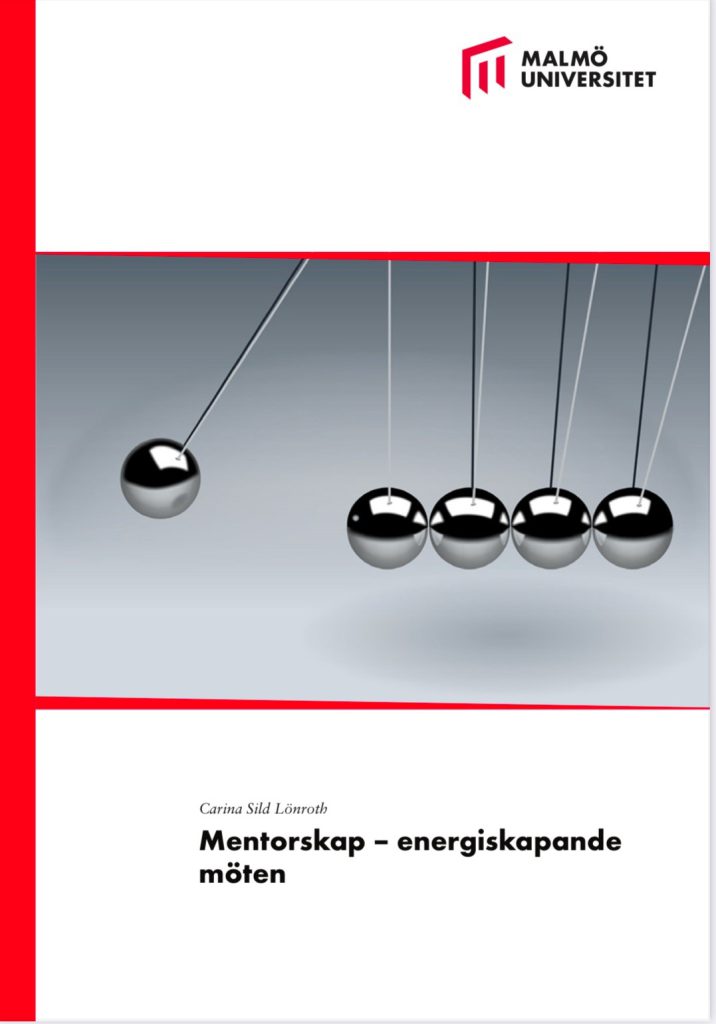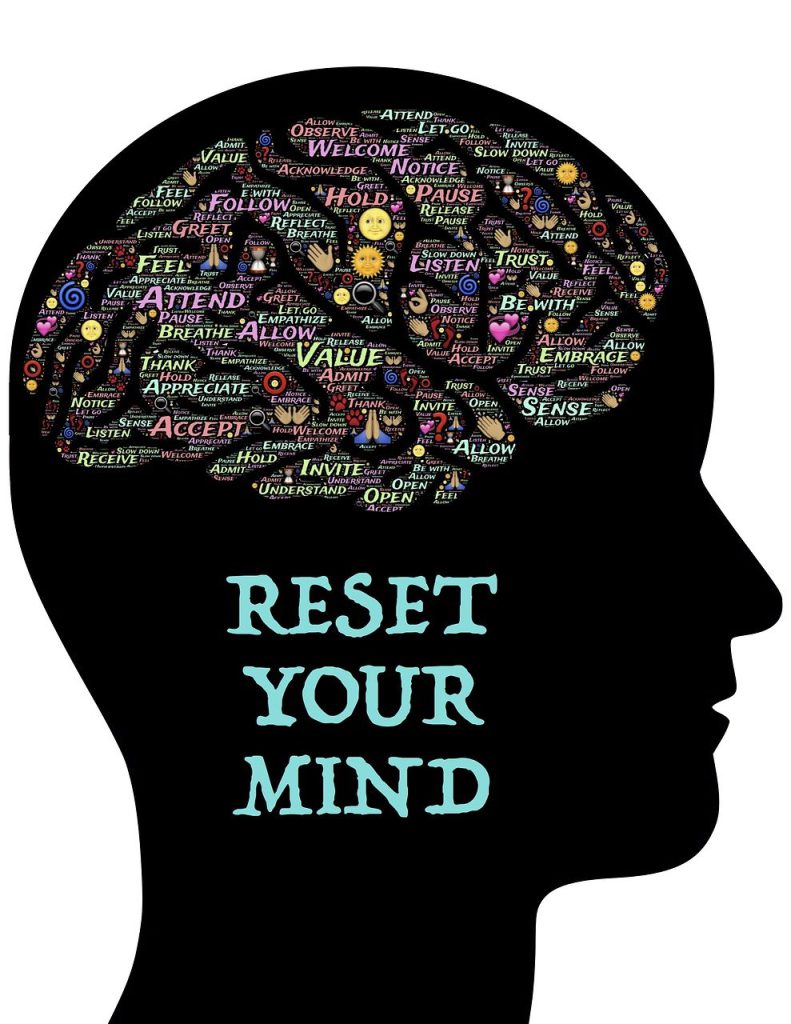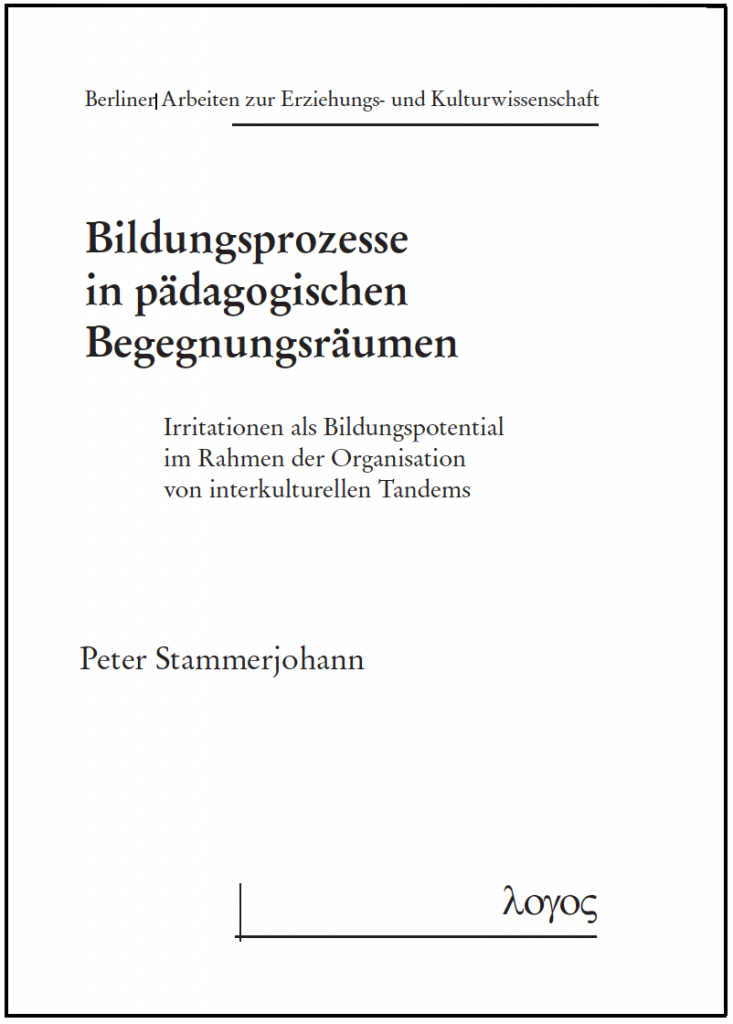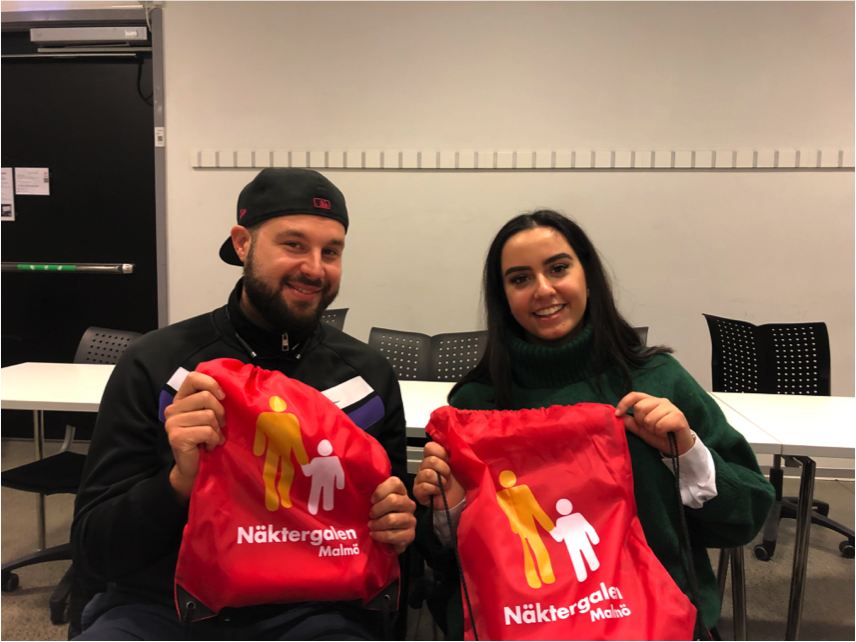Abstract
Social mentoring can be defined as a methodology of social intervention that fosters new relationships between two peers, or in a group context, and that, through this link, exerts an influence on the social inclusion of individuals in a situation of social exclusion or at risk of stumbling (Prieto-Flores & Feu Gelis, 2018). In the context of this doctoral thesis, the group of people in a situation of vulnerability under scrutiny are migrants, specifically adolescents of migrant origin who have recently arrived in Catalan society, particularly in Girona’s territory, and who participate in the Nightingale Project of the University of Girona. Social mentoring bonds offers a framework for addressing issues intimately linked to identities that, in the current socio-political climate, characterised by the structural characteristics of Eurocentric, colonial and patriarchal societies, among others, can give rise to situations of discomfort, discrimination and inequalities. This doctoral thesis proposes an analysis of social mentoring from a perspective that accentuates the structural inequalities that have hitherto been overlooked in its study.
Recent years have seen a proliferation of social mentoring programmes across multiple territories (Preston et al., 2019), giving rise to the need for scientific evaluation of their real impacts (Prieto-Flores and Feu, 2018). In order to contribute to the development of knowledge in this area, this thesis examines the results of the Applying Mentoring project, focusing on issues relevant to social mentoring, including the naturalness of the support it offers and the current context in which it is developed.
Firstly, it is important to acknowledge that the present analysis focuses on a social mentoring project, Nightingale Project, that operates in regions where Catalan is the vehicular language. The aim is to examine the potential contributions of social mentoring to the acquisition and proficiency in Catalan, with a view to promoting the social integration of newly arrived adolescents. Conversely, the second inquiry focuses on the assistance that social mentoring can provide to mentors in terms of well-being, with regard to the conflicts and discrimination that both boys and girls may encounter in a male-dominated and patriarchal environment characterised by rigid heteronormative and patriarchal norms that have a significant impact on adolescents’ acceptance by their peers who have recently arrived in the host context. The present study also reflects on the need to introduce the intersectional perspective into the social mindset, both in terms of its direct development in projects and programmes, as well as in the research that investigates and evaluates it, in order to identify and address social inequalities from this perspective.
It is proposed that a mixed methodology will be employed, incorporating a quasi-experimental pre-post design, semi-structured interviews, and a review of the literature on mentoring and gender. The objective of this approach is to enhance our understanding of the impact of social mentality on adolescents of immigrant origin. Furthermore, it is anticipated that this study will generate hypotheses that will inform future research directions in this domain.
You will find the thesis here









